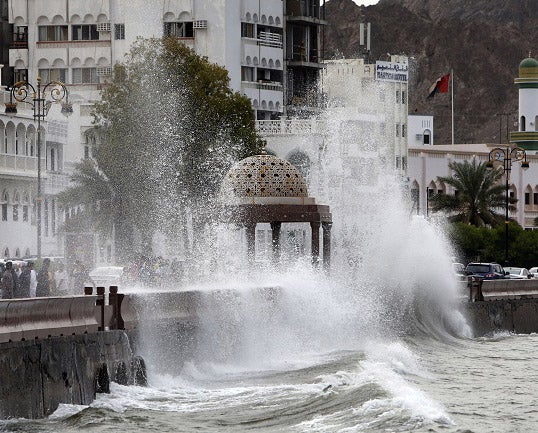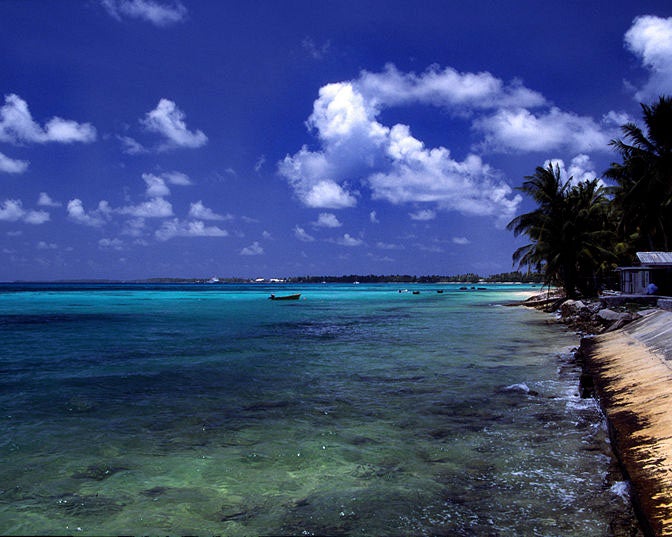Nasa says sea levels have risen faster than thought due to climate change
'Significant changes are taking place today on ice sheets. It would take centuries to reverse the trend of ice retreat'

Your support helps us to tell the story
From reproductive rights to climate change to Big Tech, The Independent is on the ground when the story is developing. Whether it's investigating the financials of Elon Musk's pro-Trump PAC or producing our latest documentary, 'The A Word', which shines a light on the American women fighting for reproductive rights, we know how important it is to parse out the facts from the messaging.
At such a critical moment in US history, we need reporters on the ground. Your donation allows us to keep sending journalists to speak to both sides of the story.
The Independent is trusted by Americans across the entire political spectrum. And unlike many other quality news outlets, we choose not to lock Americans out of our reporting and analysis with paywalls. We believe quality journalism should be available to everyone, paid for by those who can afford it.
Your support makes all the difference.Sea levels have risen 8cm in the past 20 years because of climate change, according to Nasa research.
The panel of experts from the space agency said the change was due to warmer ocean water and the melting of polar ice caps making low lying parts of the world, such as Belgium, the Netherlands and Pacific Islands, particularly vulnerable.
Nasa scientist Tom Wagner told Reuters: “People need to understand that the planet is not only changing, it’s changed.
“If you’re going to put in major infrastructure like a water treatment plant or a power plant in a coastal zone ... we have data you can now use to estimate what the impacts are going to be in the next 100 years.”
The biggest uncertainty when it comes to preparing for the change to sea levels is predicting how fast the ice caps will melt.
Dr Eric Rignot, a glaciologist at the University of California Irvine, said: “Significant changes are taking place today on ice sheets. It would take centuries to reverse the trend of ice retreat.”
This comes just a month after the prime minister of the world’s smallest nation flew to Brussels to appeal to EU leaders to stop it “disappearing off the face of the Earth”.

Tuvalu's Enele Spoaga lobbied the leaders to agree to reduce their carbon emissions to keep global temperature rises to just 1.5C.
Tuvalu, which is home to just 10,000 people, is currently below sea level and risks being lost beneath the waves if action is not taken to reverse or decelerate the trend.
Additional reporting by Reuters
Join our commenting forum
Join thought-provoking conversations, follow other Independent readers and see their replies
Comments